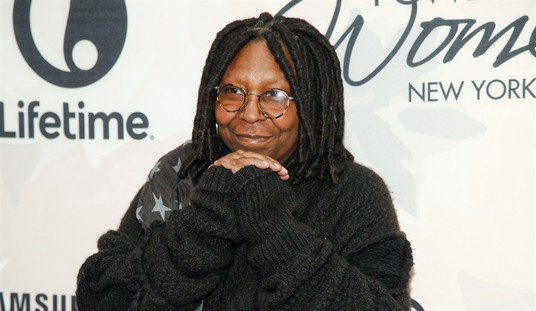“Sunday horror: Church shootings in Colorado; gunman killed by armed female church security staffer.” (Thanks to Michelle Malkin for this rubric.) As Malkin comments: “Amid the horror, a glimmer of good news: The culture of self-defense may have saved untold lives.” Glenn Reynolds remembers meeting with a student shortly after the rampage at Virginia Tech last spring:
On Monday, as the news of the Virginia Tech shootings was unfolding, I went into my advanced constitutional law seminar to find one of my students upset. My student, Tara Wyllie, has a permit to carry a gun in Tennessee, but she isn’t allowed to have a weapon on campus. That left her feeling unsafe. “Why couldn’t we meet off campus today?” she asked.
I was a little surprised by the outpouring of comment on my post the other day about liberals, gun control, and the Nebraska mall shooting. I was especially surprised by the number of expert comments about the make and capabilities of the weapon used in the shooting. I am happy to know that an SKS and an AK47 use “the same round, 7.62×39,” and I was mightily impressed by the chap who “can put 8 rounds of .45 into a 6×9 rectangle at 25 yards in 5 to 6 seconds, every single time,” not least because “it’s an exercise I do once a week.” I wonder whether I can get him to accompany me the next time I visit the annual meeting of the Modern Language Association. . . .
I say that I was surprised at the size and the temperature of the comment on a brief piece that was critical of gun control. I shouldn’t have been. Doubtless gun owners, like everyone else, are motivated by many things. Ditto for those who would outlaw possession of guns. But behind the panoply of motivations there is, I suspect, this fundamental philosophical divide: On the one side are people who see that we live in a free society, understand that freedom is not free–that it can often be quite an expensive quality–and who understand further that preserving freedom requires that individuals stand up for themselves, physically as well as in other ways.
On the other side of the divide are people who see that we live in a free society, who may also understand that freedom is not free–they, too, might admit that it can often be quite an expensive quality–but who wish to cede important parts of that responsibility to the state. The former are likely to be small-government, low-tax supporters of the Second Amendment. The latter are likely to be big government, high-tax critics of the Second Amendment.
I oversimplify, of course, but I believe the distinction I’ve limned here is a real one and one, moreover, that is worth meditating on, not only with respect to the question of gun ownership but, more generally, with respect to what might be the biggest issue facing citizens in Western democratic countries: the increasing concentration of state power and its intrusion into the fabric of everyday life. The state’s near monopoly on instruments of violence is merely one token of a much broader and deeper calculus of control. Tocqueville got to the nub of the issue in his famous paragraphs, in Democracy in America, on “Democratic Despotism.” Where old-fashioned despotism tyrannizes over men, democratic despotism infantilizes them. Such despotism would, Tocqueville writes,
resemble paternal power if, like that, it had for its object to prepare men for manhood; but on the contrary, it seeks only to keep them fixed irrevocably in childhood; it likes citizens to enjoy themselves provided that they think only of enjoying themselves. . . . It willingly works for their happiness; but it wants to be the unique agent and sole arbiter of that; it provides for their security, foresees and secures their needs, facilitates their pleasures, conducts their principal affairs, directs their industry, regulates their estates, divides their inheritances; can it not take away from them entirely the trouble of thinking and the pain of living? . . . [This power] extends its arms over society as a whole; it covers its surface with a network of small, complicated, painstaking, uniform rules through which the most original minds and the most vigorous souls cannot clear a way to surpass the crowd; . . . it does not tyrannize, it hinders, compromises, enervates, extinguishes, dazes, and finally reduces each nation to being nothing more than a herd of timid and industrious animals of which the government is the shepherd.
Food for thought, no?









Join the conversation as a VIP Member